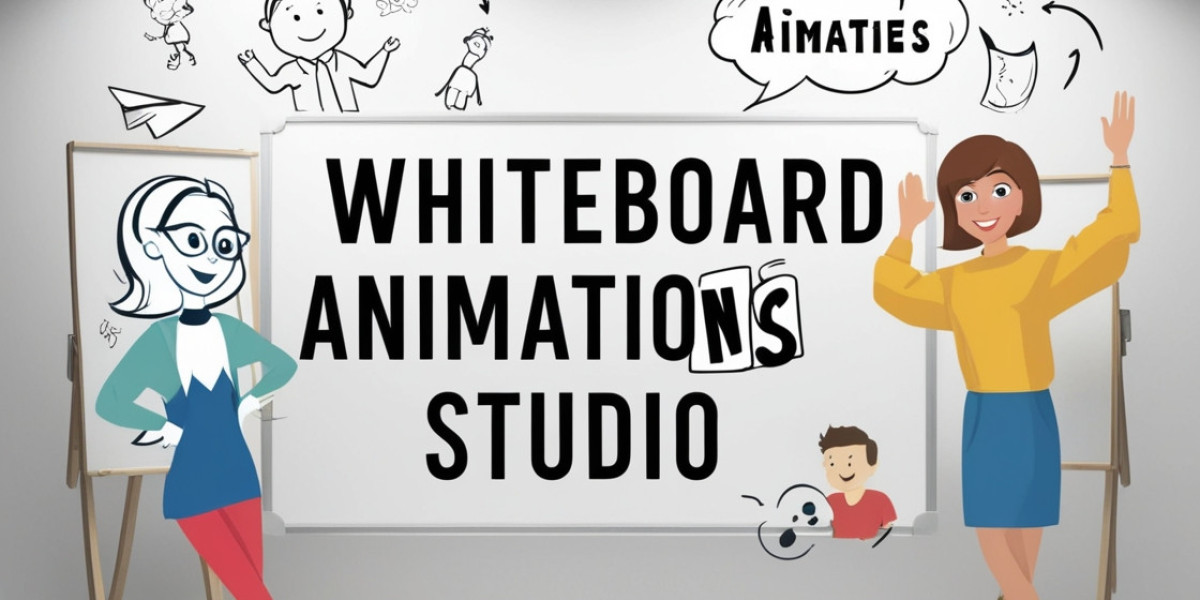Unlock Your Musical Potential: Dive into the Ultimate Guitar Learning Experience!
Learning to play the guitar is not just about strumming strings; it's a journey of self-discovery, creativity, and musical expression. Whether you dream of playing in a band, serenading friends, or simply enjoying a personal hobby, the benefits of mastering the guitar are profound. It's an instrument that connects people, evokes emotions, and serves as a wonderful outlet for artistic expression. However, embarking on this musical journey requires the right resources to guide you through the process. From online courses to instructional books, the right tools can make all the difference. The excitement of mastering your first chord or playing your favorite song can be immensely rewarding and inspires you to delve deeper into the world of music.

Understanding the Basics of Guitar Playing
Before diving into the vast sea of guitar learning resources, it’s vital to grasp some foundational concepts. First, there are various types of guitars, including acoustic, electric, and classical, each offering unique sounds and playing styles. Basic terminology also plays a crucial role; understanding terms like frets, strings, and chords will help you navigate lessons effectively. Additionally, proper technique is essential from the get-go. Poor posture or incorrect finger placement can lead to frustration and even injury. Friends who have learned guitar often emphasize the importance of starting with the right techniques to avoid bad habits that can be hard to break later on. Therefore, equipping yourself with this foundational knowledge sets the stage for a successful learning experience.
Finding the Right Learning Resources
With the basics in mind, it's time to explore the plethora of learning resources available. Each method has its pros and cons, and finding the right fit for you is crucial. Online courses have surged in popularity, offering flexible schedules and a wide range of instructors with diverse teaching styles. On the other hand, books provide structured learning paths that you can follow at your own pace, making them ideal for self-learners. Finally, in-person lessons offer personal interaction and tailored feedback, which can be invaluable for beginners. Each method has unique benefits, and often, a combination of these resources can lead to the best outcomes in your guitar learning journey.
Online Courses
Online guitar courses are an excellent choice for those seeking flexibility in their learning. You can learn at your own pace, revisit lessons as needed, and choose from a variety of instructors to find one that resonates with your learning style. Many courses also provide access to a wealth of additional resources, such as video tutorials, sheet music, and community forums where learners can connect and share experiences. This vast array of information can be incredibly motivating, as it allows you to explore different styles and techniques that pique your interest.
Books and Printed Materials
Printed materials, including instructional books and sheet music, offer an excellent structured approach to learning guitar. They often provide step-by-step guidance, engaging exercises, and a logical progression of skills. Many learners appreciate the tactile experience of flipping through pages and making notes in the margins. Furthermore, books allow you to practice at your own pace, which can be particularly beneficial for those who may feel overwhelmed in a fast-paced online course or group lesson setting. Personal anecdotes from friends reveal that having a book to reference not only solidifies learning but serves as a great resource for practice.
In-Person Lessons
In-person lessons provide the advantage of direct interaction with an instructor, allowing for immediate feedback and personalized instruction. This method is particularly beneficial for beginners who may struggle with self-correcting mistakes. A skilled instructor can assess your playing style, identify areas for improvement, and tailor lessons to your specific needs. Moreover, the motivation of having a scheduled lesson can help keep you accountable. Many guitarists I know have shared that the encouragement and support from their instructors have made a significant difference in their learning journey.
Setting Goals and Tracking Progress
Setting realistic goals is essential for your guitar learning journey. Goals provide direction and a sense of accomplishment. Whether it’s mastering a specific chord, learning a song, or improving your strumming technique, having clear objectives keeps you motivated. Tracking your progress can be as simple as keeping a practice journal or recording yourself playing. This allows you to celebrate small victories and identify areas that need more attention. Additionally, creating a practice schedule helps establish consistency, which is crucial for skill development. Friends who have successfully learned guitar often recommend setting aside dedicated time each week to practice, making it a part of your routine.
Building a Support System
Having a support system can significantly enhance your guitar learning experience. Whether it's joining an online community, participating in local jam sessions, or simply sharing your progress with friends and family, connecting with others who share your passion can provide motivation and encouragement. Learning guitar can sometimes be challenging, and having others to share experiences and challenges makes the process more enjoyable. Many learners have found that discussing their struggles with fellow musicians helps them overcome obstacles and keeps their spirits high.
Embarking on Your Guitar Journey
In summary, learning to play guitar is an exciting and rewarding journey that opens doors to creativity and self-expression. By understanding the basics, exploring various learning resources, setting achievable goals, and building a supportive community, you can pave the way for success. Remember, each strum and chord you master brings you closer to unlocking your musical potential. So, take that first step today, and dive into the enriching world of guitar playing. With the right resources and dedication, you’re well on your way to becoming the guitarist you aspire to be!













